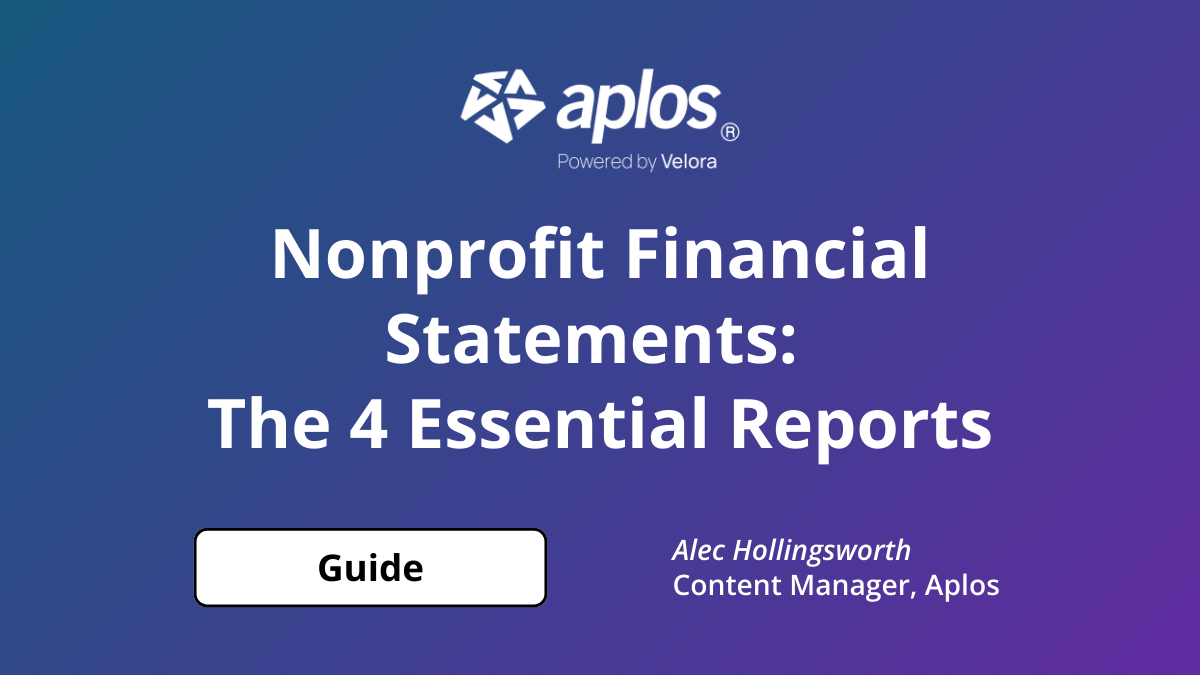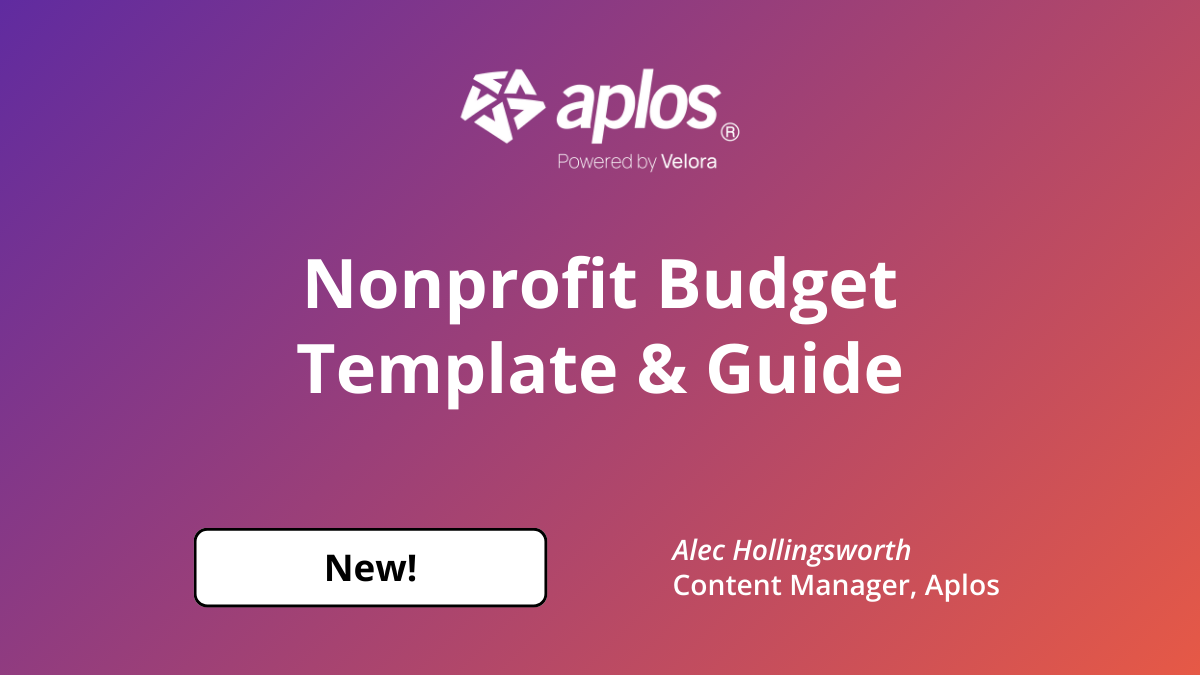
Accounting Principles for Nonprofit Organizations: The Fun Guide You Actually Want to Read

Let's face it – nonprofit accounting isn't exactly the life of the party. But it's the backbone of your mission, and getting it right means you can do more good in the world! So let's dive into accounting principles for nonprofit organizations without the snooze-fest.
TL;DR: The Highlights
- Nonprofit accounting is all about mission, not profit – and that changes EVERYTHING about how you handle money
- Fund accounting lets you track donor dollars like a boss, making sure money goes exactly where it's supposed to
- Outsourcing your bookkeeping frees you up to change the world while experts handle the numbers
- Tax-exempt doesn't mean "ignore taxes" – understanding your obligations keeps you in the clear
- Following accounting principles for nonprofit organizations isn't just about rules – it builds trust with donors
- Essential reports include Statements of Financial Position, Activities, and Cash Flows (boring names, vital info!)
- Strong internal controls and regular audits keep your nonprofit squeaky clean
- Aplos software was literally made for nonprofits and makes fund management way easier
- Biggest challenges? Managing restricted funds and juggling complex reporting requirements
- Investing in staff training and tech solutions makes nonprofit finance much less painful
Nonprofit Accounting: A Whole Different Ball Game
Nonprofit accounting isn't just regular accounting wearing a superhero cape. It's fundamentally different because you're not chasing profits – you're pursuing purpose. The accounting principles for nonprofit organizations revolve around transparency and accountability to your donors rather than maximizing returns for shareholders.
Fund accounting is the MVP here – it lets you classify resources based on their designated purpose. This isn't just bean-counting; it's about proving to donors that their money is making the impact they wanted.
For small nonprofits, outsourcing bookkeeping can be a game-changer. You focus on your mission while experts ensure your financial records are spot-on. Tools like Aplos make this even easier with nonprofit-specific features that regular accounting software just doesn't have.
And let's talk taxes – because even tax-exempt organizations have obligations! With remote work changing the landscape of state tax nexus, staying compliant is more complicated than ever. Missing this stuff can literally cost you your tax-exempt status, so it pays to pay attention.
For-Profit vs. Nonprofit Accounting: Spot the Difference!
The accounting principles for nonprofit organizations create a totally different approach from what for-profit businesses use. While businesses focus on making shareholders happy with profits, nonprofits focus on making donors happy with impact.
The biggest difference? Fund accounting! This method helps nonprofits manage both restricted and unrestricted funds, ensuring every dollar goes where it's supposed to.
Following FASB guidelines and the COSO framework isn't just about checking boxes. These standards create transparency that builds donor trust – and trust equals more donations!
With technology expanding nonprofit reach beyond traditional geographic boundaries, mastering these accounting principles becomes even more critical to your success.
Fund Accounting: The Heart of Nonprofit Accounting Principles
Fund accounting isn't just accounting jargon – it's the secret sauce that makes nonprofit financial management work! This method tracks resources according to their designated purposes and restrictions, ensuring donor wishes are respected.
Aplos's cloud-based solutions make this easier by helping you stick to grant terms and improve resource management. Getting revenue recognition right is especially important in the nonprofit world, where grants and donations often come with strings attached.
Strong resource management is the foundation of a successful nonprofit, providing stability, transparency, and confident decision-making. This isn't just about rules – it's about maintaining donor trust.
A well-organized chart of accounts breaks everything into clear categories:
- Assets
- Liabilities
- Net assets
- Revenue
- Expenses
This organization makes financial oversight way less headache-inducing!
Watch out for these common grant allocation mistakes:
- Sloppy expense tracking
- Ignoring grant restrictions
- Skimping on documentation
- Weak outcome reporting
Getting these basics right isn't just good practice – it's essential for your nonprofit's credibility and success!
Financial Reports That Won't Put You to Sleep (But Are Super Important)
The accounting principles for nonprofit organizations require several crucial reports:
- Statement of Financial Position (fancy name for a balance sheet)
- Statement of Activities (what you did with the money)
- Statement of Cash Flows (where the money came and went)
These reports give the full picture of your organization's financial health and show donors and regulators you're on the up-and-up.
Functional expense reports are having a moment – they break down costs into program services, administrative expenses, and fundraising, showing exactly how resources are being used. With 93% of Gen Z and Millennials planning to donate in 2024, good financial reporting is key to attracting these socially conscious givers.
And don't forget corporate donors – they account for 21% of all charitable revenue! Showing strong financial management can make your nonprofit stand out to these big givers.
Aplos offers bookkeeping services tailored specifically for nonprofits and churches, including:
- Monthly bookkeeping
- Weekly bookkeeping options
- Quarterly CPA reviews
These services handle everything from transactions and bill pay to payroll and custom reports, making your financial management much smoother.
Best Practices That Won't Make Your Eyes Glaze Over
Strong internal controls, regular audits, and timely reporting aren't just bureaucratic hoops – they're the foundations of donor trust. Organizations with robust controls based on accounting principles for nonprofit organizations see significantly higher donor confidence.
Check out these stats from the Texas Tech University study on nonprofit donations:
- Nonprofits only accepting cash donations saw an average 11% increase in fundraising over five years
- Those receiving any non-cash gifts saw a 50% increase
- Nonprofits accepting stock donations enjoyed a whopping 66% increase
This shows the impact of well-managed financial practices! Aplos software simplifies accounting procedures while maintaining compliance, with features like advanced budgeting and detailed reporting that make your life easier.
Aplos also offers:
- Data migration assistance
- Ongoing software support
Candid's "2024 Compensation Report" reveals women hold only 29% of CEO positions at large nonprofits, highlighting leadership disparities that can affect accountability. Meanwhile, calculating fundraising ROI helps refine strategies so resources are used effectively.
Ongoing training for finance staff is crucial. By adopting these methods and using Aplos to monitor resources and oversee various entities, you'll build stronger relationships with stakeholders while maintaining financial integrity.
Navigating the Tough Stuff in Nonprofit Finance
Finance officers face real challenges in the nonprofit world – complex regulations, restricted funds, and strict reporting requirements can make your head spin! Limited resources often make these hurdles even tougher to overcome.
To tackle these obstacles:
- Invest in staff training
- Leverage technology solutions like Aplos
Over 41,000 customers rely on Aplos' cloud-based software, showing just how crucial good technology is in this sector. Working with financial specialists who focus on nonprofits can provide tailored guidance when you're facing these challenges.
Building a culture of ethical financial management is essential in today's landscape. With 91% of Gen Z planning to volunteer for nonprofits, creating strong financial practices is key to attracting and keeping support.
Integrated business systems can connect financial data with programmatic impact, improving efficiency and donor relations.

Wrapping It Up
Nonprofit accounting isn't just a necessary evil – it's the foundation of trust, transparency, and mission fulfillment. Fund accounting helps you manage resources in line with donor intent, ensuring every dollar is tracked and used appropriately.
Tools like Aplos streamline financial management and reporting while keeping you compliant with ever-changing regulations. Accurate and transparent financial practices are essential for engaging donors and building lasting relationships.
By implementing strong controls and regular audits, your organization builds credibility that sustains donor confidence. In today's world of heightened transparency demands, embracing accounting principles for nonprofit organizations positions you for sustainable growth and greater impact.
So while "accounting principles for nonprofit organizations" might not be the most exciting phrase in the world, mastering them might just be the key to changing it!
Frequently Asked Questions
What is fund accounting and why is it important?
Fund accounting tracks resources by designated purpose, helping you ensure donor-restricted and unrestricted funds are used according to grant terms.
How does nonprofit accounting differ from for-profit accounting?
Nonprofit accounting focuses on mission and donor accountability, so you use fund accounting instead of maximizing shareholder profits.
What essential financial reports should your nonprofit produce?
Produce a Statement of Financial Position, Statement of Activities, and Statement of Cash Flows; include functional expense reports when possible.
How can you improve financial management and donor trust?
You should implement strong internal controls, regular audits, timely reporting, staff training, and a clear chart of accounts to strengthen transparency.
What bookkeeping services does Aplos provide for nonprofits?
Aplos offers monthly or weekly bookkeeping, quarterly CPA reviews, and handles transactions, bill pay, payroll, and custom reports for your nonprofit.

Our comprehensive closeout services start at $399 per month that needs to be reconciled. Sign up before Jan 1st and pay just $199.50 per month!
Copyright © 2025 Aplos Software, LLC. All rights reserved.
Aplos partners with Stripe Payments Company for money transmission services and account services with funds held at Fifth Third Bank N.A., Member FDIC.
Copyright © 2024 Aplos Software, LLC. All rights reserved.
Aplos partners with Stripe Payments Company for money transmission services and account services with funds held at Fifth Third Bank N.A., Member FDIC.



.png)



